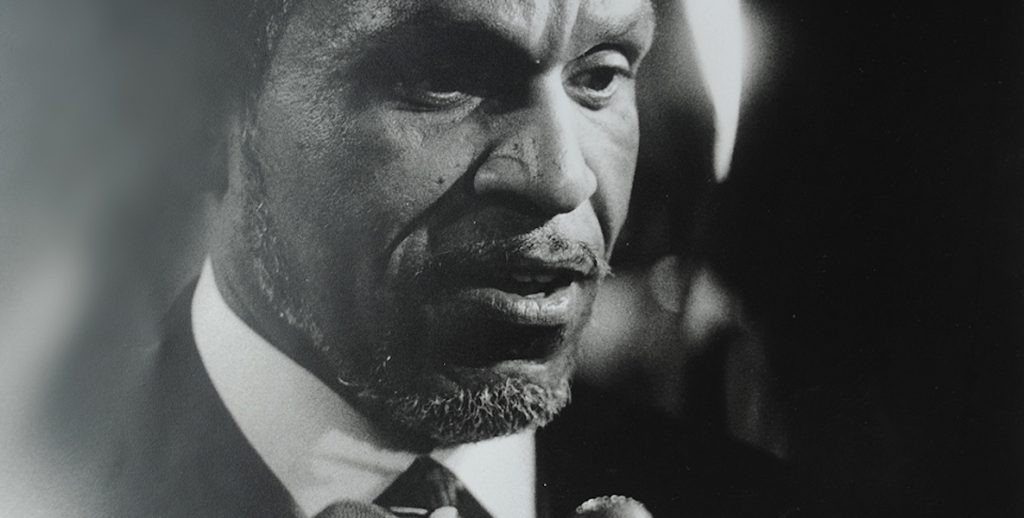Former Mayor John Street is not saying which of his myriad tales he’s going to tell the crowd Wednesday night at Johnny Brenda’s, where he’s headlining Young Involved Philadelphia’s Inside the Political Machine StorySlam. Whatever he says, it’s bound to entertain and maybe even surprise a few people. Here are some guesses:
- “My Life As A Rabble-Rouser.” Long before he was the consummate insider, as first City Council President and then Mayor, John Street was an outsider activist. A part-time hot dog vendor, he led a series of noisy protests over city housing policies and the treatment of street vendors. Once, he participated in the takeover of a government office to protest the distribution of federal housing funds. Along with his brother Milton, Street became the anti-establishment face of change in Philadelphia. How does one go from outsider to insider?
- “How Not Taking A Bribe Made Me More Powerful.” In 1980, a group of wealthy Arabs came to Street’s office saying they wanted to invest in North Philadelphia housing. Something didn’t add up and Street dismissed what turned out to be undercover FBI agents who were offering bribes to politicians. The ABSAM sting took down a host of local pols—including then Council President George X. Schwartz—creating a power vacuum that Street rode to even more influence.
- “What I Learned From Getting In A Fistfight on The Floor of City Council.” In 1981, freshman Councilman Street and politically incorrect City Councilman Franny Rafferty came to blows on the floor of Council. Ten years later, he and Rafferty were vacationing together, like a prior-day Ginsburg-Scalia. Of the brawl, Street once told The Inquirer he learned two things that day: “One, that I could pick a 250-pound man up above my head, and two, that if I wanted to be an effective leader, I would have to learn how to approach people in a way that they could accept, and not take offense.”
- “How a Political Odd Couple Rescued Philly.” In 1991, Street and newly elected Mayor Ed Rendell forged an alliance to bring the city back from the brink of fiscal disaster. Rendell met with Street every Tuesday morning—in the Council President’s office—and not only heaped praise on Street, but shared patronage jobs with him. In return, Street passed Rendell’s budgets through Council. They made for an interesting contrast, Rendell, the backslapping pol, and Street, the retiring master of budget and power politics. Might Street take us behind the scenes of this odd political marriage of convenience?

